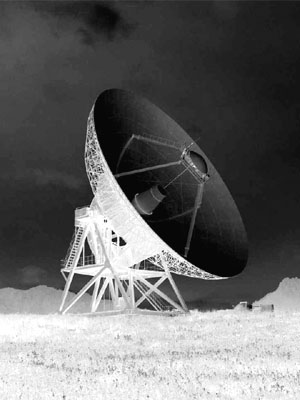 DeathMetal.org continues its exploration of radio with a podcast of death metal, dark ambient and fragments of literature. This format allows all of us to see the music we enjoy in the context of the ideas which inspired it.
DeathMetal.org continues its exploration of radio with a podcast of death metal, dark ambient and fragments of literature. This format allows all of us to see the music we enjoy in the context of the ideas which inspired it.
Clandestine DJ Rob Jones brings you the esoteric undercurrents of doom metal, death metal and black metal in a show that also exports its philosophical examinations of life, existence and nothingness.
This niche radio show exists to glorify the best of metal, with an emphasis on newer material but not a limitation of it, which means that you will often hear new possibilities in the past as well as the present.
If you miss the days when death metal was a Wild West that kept itself weird, paranoid and uncivilized, you will appreciate this detour outside of acceptable society into the thoughts most people fear in the small hours of the night.
The playlist for this week’s show is:
- Necrophobic – The Nocturnal Silence
- Extracts from The Hollow Men by T.S. Eliot (read by Eliot himself)
- A Transilvanian Funeral – Cold Blood and Darkness
- Sergei Prokofiev – Night (from Scythian Suite)
Metal music has from its very beginning existed as music outside the normal narrative of popular culture. Refusing to conform to the saccharine hippy outlook of 60s rock, or later the cheap sloganeering of punk, it existed even outside of the officially sanctioned definitions of ‘outsider’ music. It eschewed both post-modern self-irony and the pre-packaged emotions of pop to create a music that was both assertive and esoteric at the same time.
Peak metal genres, death and black metal, essentially grew up in a parallel cultural atmosphere to what was gracing the covers of Rolling Stone and NME magazines or playing on MTV – a culture that only made sense to the initiated and the dedicated, and spoke a language of death, danger and intolerance for the posers who would water down metal’s intensity.
Metal first came in from this wilderness as music that was only an echo of its surface sound. Bands playing loud, distorted guitar rock with a stand-offish attitude were taken up by the media and the public as relatively accessible versions of what had previously been denied either by them or to them by Darwinian means. It had little of the substance of metal but claimed its name.
Metal had been co-opted by people who had neither the heart nor the stomach to understand it, who parodied its most obvious components and fed back into the general perception of what metal was without any idea of what it had been up to that point. Shortly, bands who had been underground stalwarts were picked up by major labels looking for the next profitable act, and together duly proceeded to water down their sound to fit more closely the rock paradigm that suited the market and reinforced the conception of metal created by the co-opters.
Where metal had once ignored how people dismissed it as mindless brutish music, to privately develop its own distinct and even elegant musical language, it now embraced its stereotype, and turned into an angry flavour of the same musical clichés all pop music is based on. Where once it dismissed the crowd, it now was overwhelmed by it.
Whilst its popularity may have soared, hollowed out, the quality of metal went into a nearly two decade-long decline.
- Dead Congregation – Martyrdom
- Supuration – Consumate
- Cosmic Atrophy – Shattering of Terrestrial Reality
Perhaps as an inevitable consequence of generational power shifts, academia is now taking seriously this music that two and three decades ago a diffuse bunch of young people held out to insist was both unique and powerful. Metal seems to be once again coming in from its wilderness, this time however it is being assessed on its own terms. Rather than sanitising or absorbing it into the broader cultural milieu, people from outside of metal are trying to understand it, and discovering the surprising quality of work that can be discovered when one scratches beneath the mainstream-encrusted surface.
It perhaps says something for the morbidity of metal art that it has become a sort of study piece – a museum-worthy curio to sit around chin-scratching and taking notes on. Near-extinct – or, at least, no longer threatening.
The new-found seriousness about metal may prove to be a healthy dose of self-confidence for a much misunderstood genre, too long equated with aggro-rock and/or blamed for any number of society’s problems. Yet still, it remains to be seen whether metal will be creatively spurred by this new-found level of acceptance and recapture anything like the long-gone glory days of the genre.
The dry, sanitary air of academia may not suit it as much as an atmosphere of evaporated sweat, grave miasma and dried blood. For as strong as metal is artistically, it is nonetheless still an art that emphasises outward action over introversion. The capricious nature of inspiration means that art is something that must be lived, not theorised and examined in microscopic detail. Sometimes this means that inspiration comes once in one big unself-conscious outpouring, and then afterwards simply never surfaces again.
- Candlemass – A Sorcerer’s Pledge
- Disma – Lost in the Burial Fog


I think you may have uploaded the wrong file Mr.Stevens, this is the last podcast.